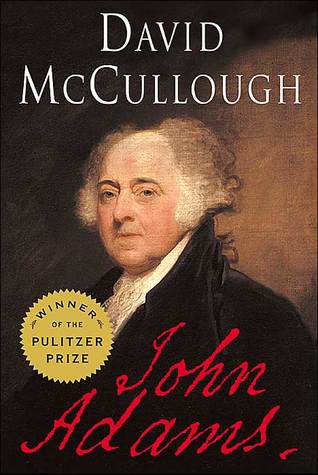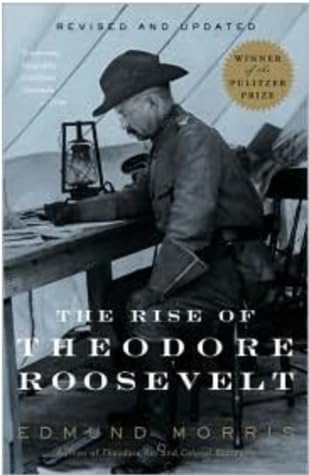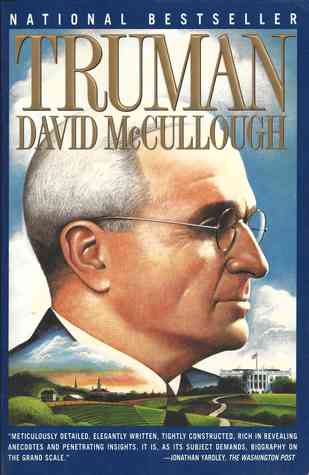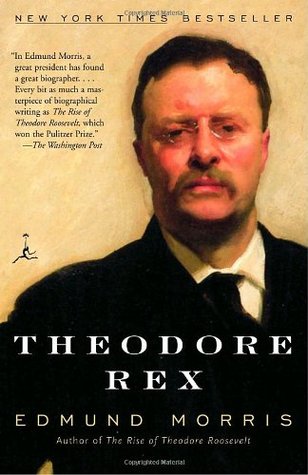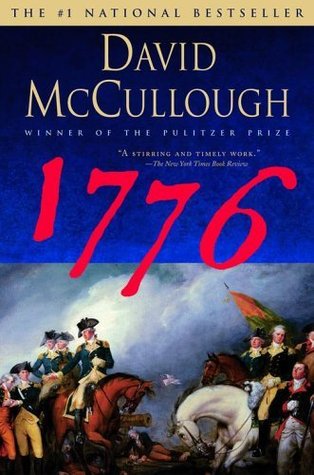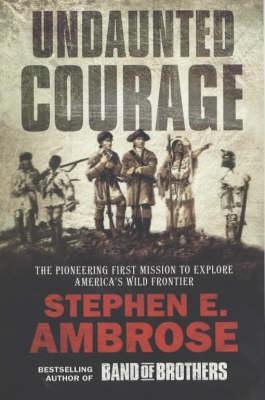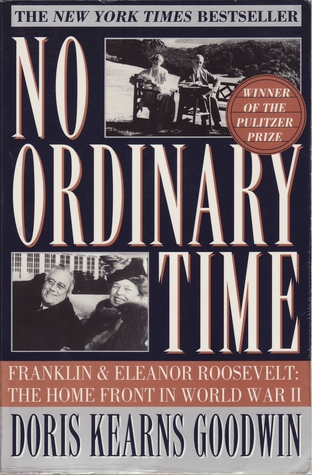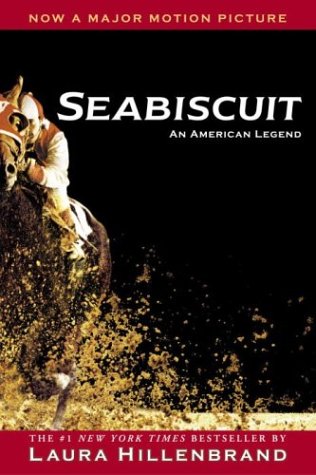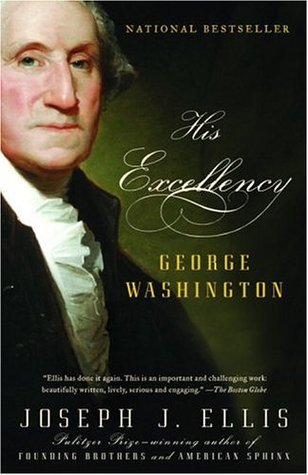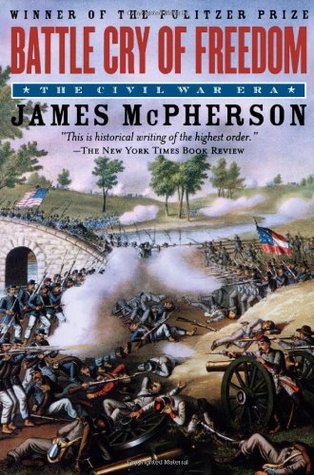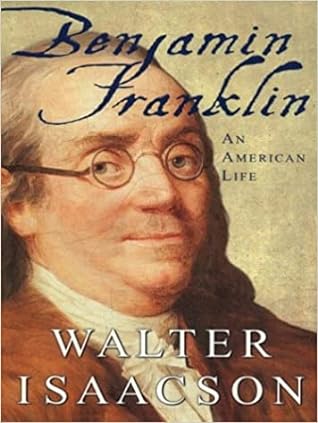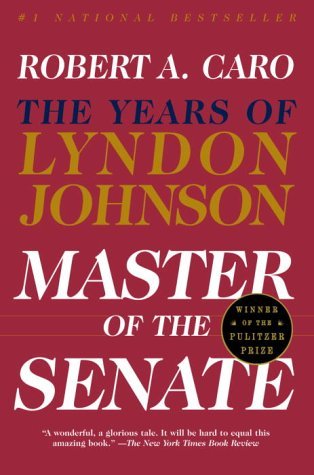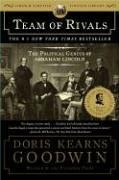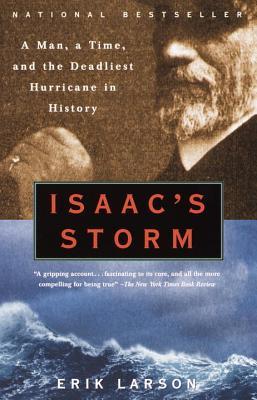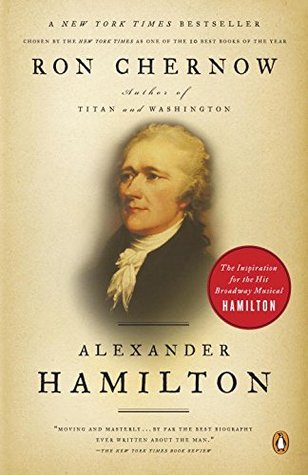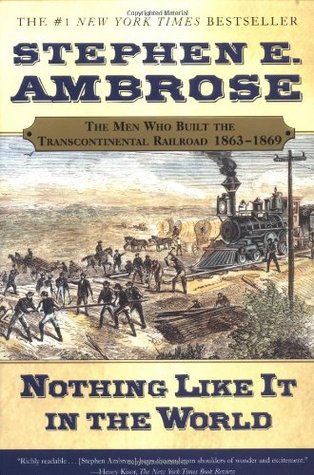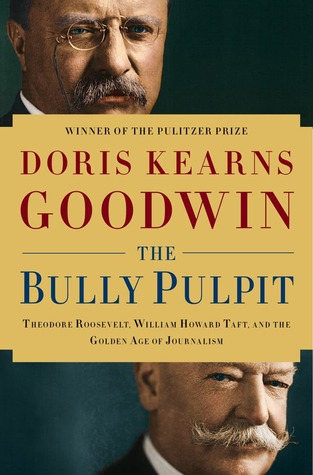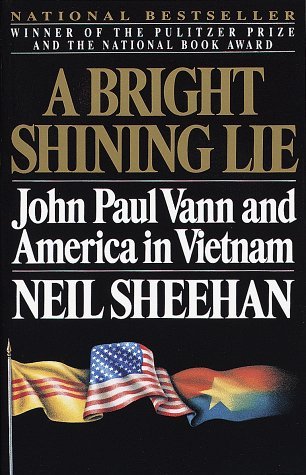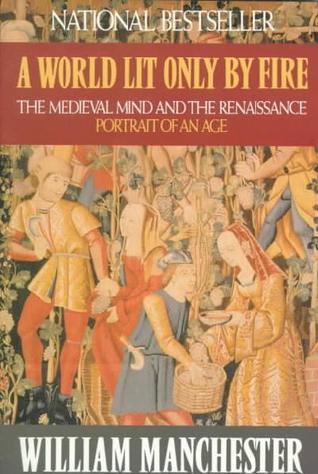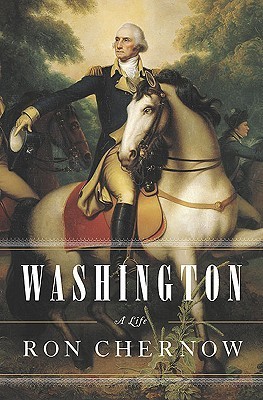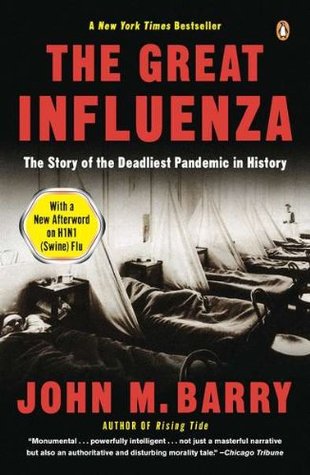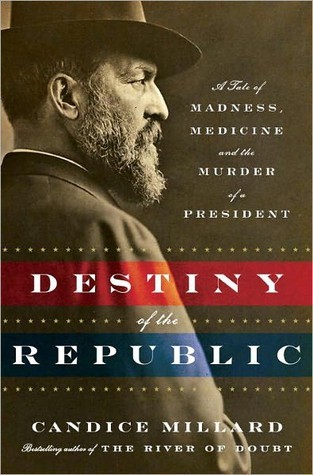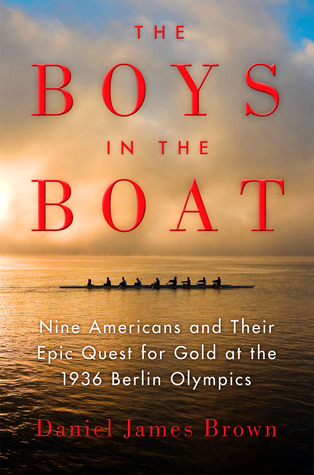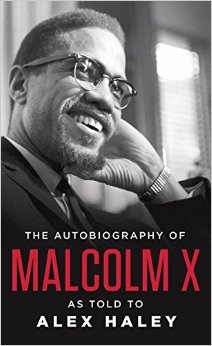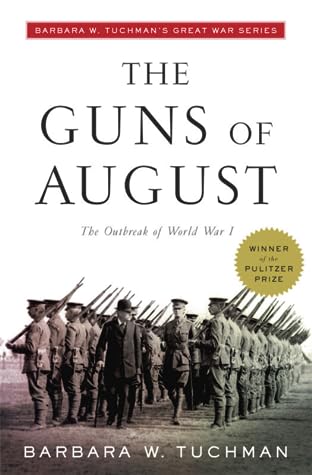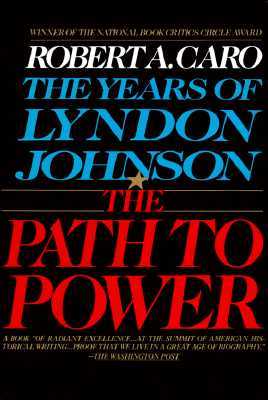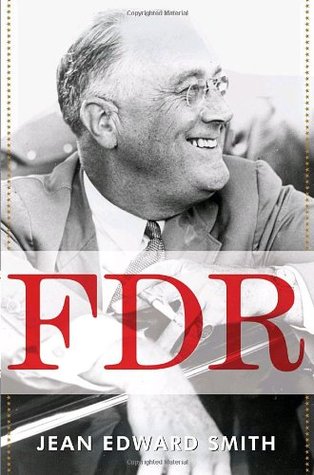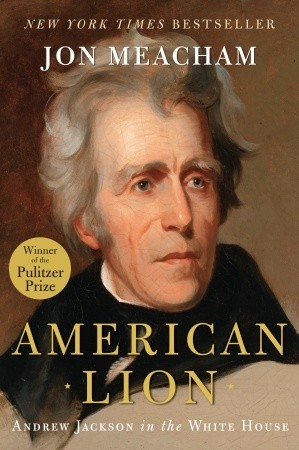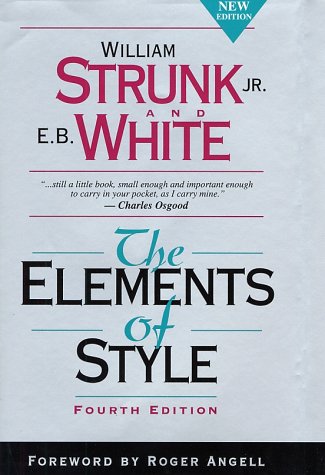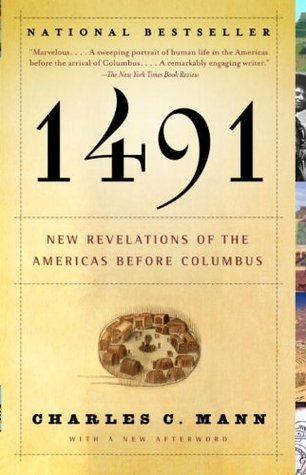Powered by a book like {foo}
Recommendations based on Mornings on Horseback: The Story of an Extraordinary Family, a Vanished Way of Life, and the Unique Child Who Became Theodore Rooseveltby David McCullough
* statistically, based on millions of data-points provided by fellow humans
John Adams
by David McCullough
Biography of the second President of the United States and his contributions to the founding of the nation.
The enthralling, often surprising story of John Adams, one of the most important and fascinating Americans who ever lived. In this powerful, epic biography, David McCullough unfolds the adventurous ... (Goodreads)
The Rise of Theodore Roosevelt
by Edmund Morris
A biography of Theodore Roosevelt, chronicling his early life, political career, and rise to the presidency.
Selected by the Modern Library as one of the 100 best nonfiction books of all time Described by the Chicago Tribune as "a classic," The Rise of Theodore Roosevelt stands as one of the greatest ... (Goodreads)
Truman
by David McCullough
A biographical account of Harry S. Truman's rise to the Presidency and his impact on American history.
The book provides a biography of Harry Truman in chronological fashion from his birth to his rise to U.S. Senator , Vice President , and President . It follows his activities until death, exploring ... (Wikipedia)
Theodore Rex
by Edmund Morris
A biography of Theodore Roosevelt's presidency, exploring his leadership, policies, and impact on American society.
Theodore Roosevelt and his two-term presidency (1901-9) deserve a king-size, seize-the-man biography - and Edmund Morris has provided one. "TR" typifies the "can do" American; his famous maxim, of ... (Goodreads)
1776
by David McCullough
A riveting account of the events leading up to and during the American Revolution.
In this masterful book, David McCullough tells the intensely human story of those who marched with General George Washington in the year of the Declaration of Independence - when the whole American ... (Goodreads)
Undaunted Courage: The Pioneering First Mission to Explore America's Wild Frontier
by Stephen E. Ambrose
Epic tale of exploration and adventure as Lewis and Clark traverse the American wilderness.
'This was much more than a bunch of guys out on an exploring and collecting expedition. This was a military expedition into hostile territory'. In 1803 President Thomas Jefferson selected his ... (Goodreads)
No Ordinary Time: Franklin and Eleanor Roosevelt: The Home Front in World War II
by Doris Kearns Goodwin
Examines the lives of Franklin and Eleanor Roosevelt during WWII and their impact on the nation.
Winner of the Pulitzer for History, No Ordinary Time is a chronicle of one of the most vibrant & revolutionary periods in US history. With an extraordinary collection of details, Goodwin weaves ... (Goodreads)
Seabiscuit: An American Legend
by Laura Hillenbrand
An inspiring story of the rise of champion racehorse Seabiscuit and his unlikely jockey.
There's an alternate cover edition, here, Seabiscuit was one of the most electrifying and popular attractions in sports history and the single biggest newsmaker in the world in 1938, receiving more ... (Goodreads)
His Excellency: George Washington
by Joseph J. Ellis
Biography of the first President of the United States and the key role he played in the founding of the nation.
To this landmark biography of our first president, Joseph J. Ellis brings the exacting scholarship, shrewd analysis, and lyric prose that have made him one of the premier historians of the ... (Goodreads)
Battle Cry of Freedom
by James M. McPherson
A comprehensive history of the American Civil War, focusing on the political and military aspects.
Filled with fresh interpretations and information, puncturing old myths and challenging new ones, Battle Cry of Freedom will unquestionably become the standard one-volume history of the Civil War. ... (Goodreads)
Benjamin Franklin: An American Life
by Walter Isaacson
Biography of the influential founding father, exploring his life and legacy.
Benjamin Franklin is the Founding Father who winks at us. An ambitious urban entrepreneur who rose up the social ladder, from leather-aproned shopkeeper to dining with kings, he seems made of flesh ... (Goodreads)
Master of the Senate
by Robert A. Caro
Detailed account of Lyndon Johnson's tenure as the leader of the US Senate, and his rise to power.
The most riveting political biography of our time, Robert A. Caro’s life of Lyndon B. Johnson, continues. Master of the Senate takes Johnson’s story through one of its most remarkable periods: his ... (Goodreads)
Team of Rivals: The Political Genius of Abraham Lincoln
by Doris Kearns Goodwin
A comprehensive study of the presidency of Abraham Lincoln, and the unique cabinet he assembled.
Winner of the Lincoln Prize Acclaimed historian Doris Kearns Goodwin illuminates Lincoln's political genius in this highly original work, as the one-term congressman and prairie lawyer rises from ... (Goodreads)
Isaac's Storm: A Man, a Time, and the Deadliest Hurricane in History
by Erik Larson
Story of the 1900 Galveston hurricane, and one man's desperate struggle to save his city.
September 8, 1900, began innocently in the seaside town of Galveston, Texas. Even Isaac Cline, resident meteorologist for the U.S. Weather Bureau failed to grasp the true meaning of the strange ... (Goodreads)
Alexander Hamilton
by Ron Chernow
Comprehensive biography of the Founding Father, delving into his contributions to the American Revolution.
An alternate cover edition can be found, here., Pulitzer Prize-winning author Ron Chernow presents a landmark biography of Alexander Hamilton, the Founding Father who galvanized, inspired, ... (Goodreads)
Nothing Like It in the World: The Men Who Built the Transcontinental Railroad 1863-69
by Stephen E. Ambrose
Exploring the lives of the men who braved the odds to complete the first Transcontinental Railroad.
Nothing Like It in the World gives the account of an unprecedented feat of engineering, vision, and courage. It is the story of the men who built the transcontinental railroad—the investors who ... (Goodreads)
The Bully Pulpit: Theodore Roosevelt, William Howard Taft, and the Golden Age of Journalism
by Doris Kearns Goodwin
A historical account of the friendship and eventual falling out between Roosevelt and Taft, set against the backdrop of the Progressive Era and the rise of investigative journalism.
Doris Kearns Goodwin, winner of the Pulitzer Prize and author of Team of Rivals , captures the Progressive Era through the story of the broken friendship between Theodore Roosevelt and William Howard ... (Goodreads)
A Bright Shining Lie: John Paul Vann and America in Vietnam
by Neil Sheehan
A detailed account of the Vietnam War, and one man's role in it.
This passionate, epic account of the Vietnam War centres on Lt Col John Paul Vann, whose story illuminates America's failures & disillusionment in SE Asia. A field adviser to the army when US ... (Goodreads)
A World Lit Only by Fire: The Medieval Mind and the Renaissance: Portrait of an Age
by William Manchester
A vivid portrayal of the medieval world, its beliefs, and practices, and the emergence of the Renaissance.
From tales of chivalrous knights to the barbarity of trial by ordeal, no era has been a greater source of awe, horror, and wonder than the Middle Ages. In handsomely crafted prose, and with the grace ... (Goodreads)
Washington: A Life
by Ron Chernow
Intimate biography of George Washington, the nation's first president.
A gripping portrait of the first president of the United States from the author of, Alexander Hamilton, the New York Times bestselling biography that inspired the musical., Celebrated biographer Ron ... (Barnes & Noble)
The Great Influenza: The Story of the Deadliest Pandemic in History
by John M. Barry
Chronicling the 1918 influenza pandemic, examining the medical, social and governmental responses.
At the height of WWI, history’s most lethal influenza virus erupted in an army camp in Kansas, moved east with American troops, then exploded, killing as many as 100 million people worldwide. It ... (Goodreads)
Destiny of the Republic: A Tale of Madness, Medicine and the Murder of a President
by Candice Millard
The riveting story of the assassination of President Garfield, a tragedy of medical science and mistake.
James A. Garfield was one of the most extraordinary men ever elected president. Born into abject poverty, he rose to become a wunderkind scholar, a Civil War hero, and a renowned and admired ... (Goodreads)
The Boys in the Boat: Nine Americans and Their Epic Quest for Gold at the 1936 Berlin Olympics
by Daniel James Brown
An inspiring story of a rowing crew battling against the odds to win gold at the 1936 Berlin Olympics.
This novel is about the University of Washington eight-oared crew that represented the United States in the 1936 Olympics in Berlin, and narrowly beat out Italy and Germany to win the gold medal. The ... (Wikipedia)
The Autobiography of Malcolm X
by Malcolm X
A gripping account of one man's transformation from criminal to civil rights leader.
Alternate cover for ISBN 9780345350688 Through a life of passion and struggle, Malcolm X became one of the most influential figures of the 20th Century. In this riveting account, he tells of his ... (Goodreads)
The Guns of August
by Barbara W. Tuchman
A riveting account of the events leading up to World War I and its devastating consequences.
Selected by the Modern Library as one of the 100 best nonfiction books of all time The Proud Tower, the Pulitzer Prize–winning The Guns of August, and The Zimmerman Telegram comprise Barbara W. ... (Goodreads)
The Path to Power
by Robert A. Caro
The first volume of a biography of Lyndon B. Johnson, tracing his early life and political career in Texas.
The Years of Lyndon Johnson is the political biography of our time. No president—no era of American politics—has been so intensively and sharply examined at a time when so many prime witnesses to ... (Goodreads)
FDR
by Jean Edward Smith
Biography of Franklin Delano Roosevelt and his legendary leadership during the Great Depression and WWII.
One of today’s premier biographers has written a modern, comprehensive, indeed ultimate book on the epic life of Franklin Delano Roosevelt. In this superlative volume, Jean Edward Smith combines ... (Goodreads)
American Lion: Andrew Jackson in the White House
by Jon Meacham
A political biography of President Andrew Jackson, highlighting his legacy and impact on America.
The definitive biography of a larger-than-life president who defied norms, divided a nation, and changed Washington forever Andrew Jackson, his intimate circle of friends, and his tumultuous times ... (Goodreads)
The Elements of Style
by William Strunk Jr.
A practical guide to written English, providing guidance on grammar and style.
This style manual offers practical advice on improving writing skills. Throughout, the emphasis is on promoting a plain English style. This little book can help you communicate more effectively by ... (Goodreads)
1491: New Revelations of the Americas Before Columbus
by Charles C. Mann
Re-examination of the pre-Columbian Americas, uncovering new evidence of its history.
In this groundbreaking work of science, history, and archaeology, Charles C. Mann radically alters our understanding of the Americas before the arrival of Columbus in 1492.,Contrary to what so many ... (Goodreads)
